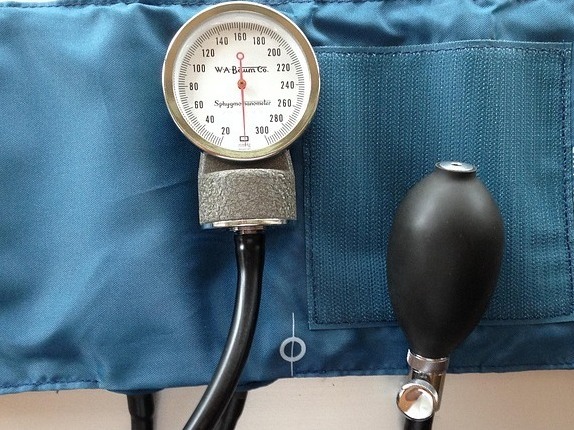
Understanding Blood Pressure Readings: A Key for Health Care Professionals
Blood pressure checks are a routine yet vital aspect of medical care, especially for healthcare nurses and nursing students in Uganda and East Africa. Understanding what blood pressure readings mean is crucial for providing proper patient care. This article delves into the essentials of blood pressure measurements and why they are important for everyday healthcare.
In 'Blood Pressure Check: What is the Blood Pressure Reading?? #shorts', the video examines the importance of blood pressure readings, prompting us to further analyze their significance in nursing education.
What Do the Numbers Mean?
A blood pressure reading comprises two numbers: systolic and diastolic pressure. The systolic number measures the pressure in your blood vessels when your heart beats, while the diastolic number assesses pressure when your heart rests between beats. Typically, a normal reading is below 120/80 mmHg. Knowing these values helps nurses assess a patient's cardiovascular health correctly.
Why Accurate Blood Pressure Measurement Matters
Accurate blood pressure readings are crucial for identifying potential health issues such as hypertension. Nurses must ensure they use the correct technique for measurement, including using the appropriate cuff size and allowing patients to rest before taking the reading. Misdiagnosing hypertension due to incorrect readings can lead to severe health implications for patients.
Challenges in Accurate Measurement
For healthcare professionals in Uganda and East Africa, there can be several challenges related to accurate blood pressure measurement. Limited access to advanced medical equipment, lack of proper training, or environmental factors can all impact the accuracy of readings. Addressing these challenges is essential for improving patient outcomes.
Call to Action: Embrace Continuous Learning
As future healthcare leaders, nursing students and professionals are encouraged to continually seek training and resources on blood pressure management and other essential skills. Collaborate with your peers, engage in online learning, and stay updated with medical advancements to enhance your patient care practices.
 Add Row
Add Row  Add
Add 


Write A Comment